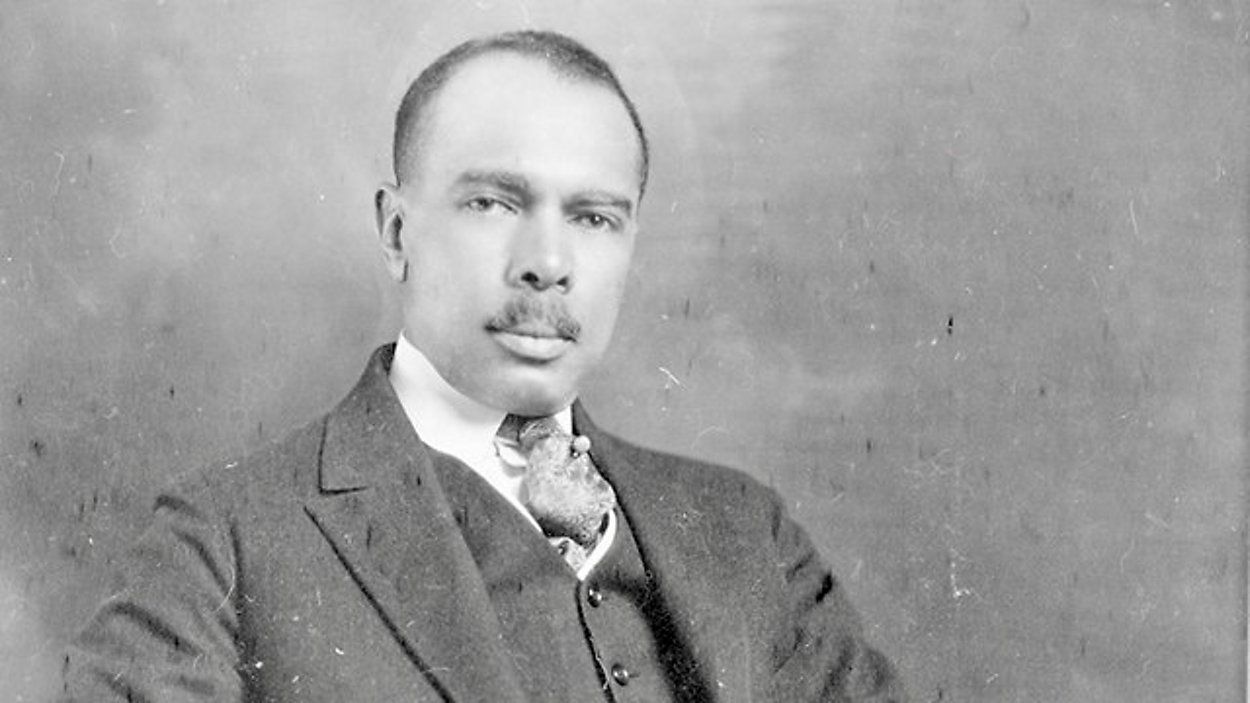As Mainers gather Sunday to watch the Super Bowl, they can take pride in knowing that the man who wrote the lyrics to the Black national anthem — set to be performed before kickoff — is celebrated in Maine each June.
James Weldon Johnson, the first Black executive secretary of the NAACP, was a poet, lawyer, author, diplomat and college professor.
He was also a regular visitor to Maine, spending time near Islesboro.
Maine is also where he died on June 28, 1938 when the car he was riding in was hit by a train on the tracks in Wiscasset near what is now Red’s Eats.
Maine House Speaker Rachel Talbot Ross (D-Portland) sponsored legislation in 2021 to honor his contributions by designating his birthday — June 17 — James Weldon Johnson Day.
“This weekend, his powerful song, Lift Every Voice and Sing will be a part of the most-watched event in our country,” Talbot Ross said in a statement. “I’m heartened to see James Weldon Johnson’s extraordinary contributions to America reach new audiences and that we continue to honor his lasting impact on our history.”
Johnson wrote the lyrics to the song as a poem and his brother John Rosamond Johnson, wrote the music. It was first performed in 1900 to commemorate Abraham Lincoln’s birthday.
Melanie Edwards, Rosamond Johnson’s granddaughter and grandniece of Weldon Johnson, said the song has had staying power over the years.
“The lyrics still resonate,” Edwards said. “It’s an optimistic song but it’s not a song that gives anybody a pass.”
The NAACP named “Lift Every Voice and Sing” the Black national anthem in 1919.
Before Sunday’s Super Bowl, singer, songwriter, actress and activist Andra Day will sing the song and Reba McEntire will sing the national anthem. Usher is set to perform the halftime show.
The official proclamation declaring James Weldon Johnson Day in Maine describes him as a “prolific member of the Harlem Renaissance” who broke many barriers, including being the first African American to serve as U.S. Consul to Venezuela and Nicaragua.
“James Weldon Johnson found solace from the endless struggle for racial justice and his extraordinarily active life as an artist among the pines and rocky shores of Maine,” it reads.
His grandniece said Weldon Johnson wanted to be known as a poet.
“Neither Rosamond nor James Weldon saw themselves as limited by their color,” she said. “They chose to rise above people for whom it was an issue.”



